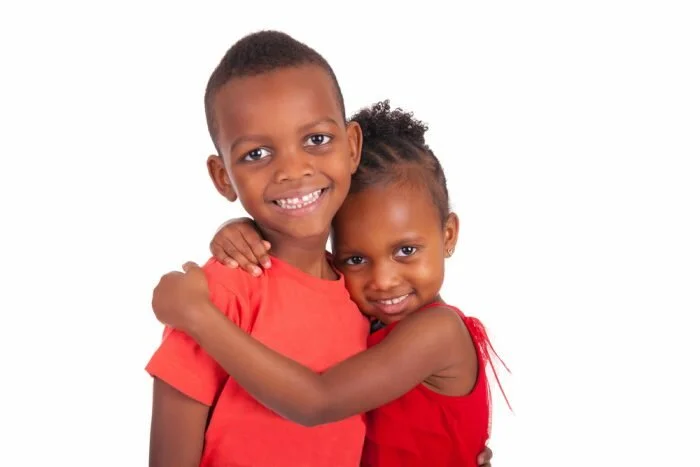Children develop all sorts of fears ranging from fear of the dark, fear of strangers, fear of thunderstorm, fear of height, fear of injections and even fear of animals and insects. As they grow, they will overcome the fears with necessary support from the parents.
According to the American Academy of Pediatrics (AAP), fears are common among children and are often “a response to a real or at least perceived threat in the child’s environment.” It is normal for children to feel afraid at times. Fear is an emotion that can help kids be cautious. Children will normally outgrow their fears as they grow. It might take weeks, months or even years, so parents, don’t expect a quick fix.
How can I help my child overcome his fears?
Here are a few ways you can help your child overcome their fears;
Admit and recognize their fears
Your child’s fears may be unreasonable to you but to them it is real. Some of your toddler’s worries are entirely normal, and denying them would be unrealistic, don’t talk down their fears. Instead, acknowledge that your child’s fears are normal, listen to them when they talk about their fears, comfort and keep them calm. BabyCenter says doing so will let your child know that it’s okay to have fears and she can find ways to deal with them.
Help them face their fears by exposing them to it
The AAP says that while it will take time for a child to confront and overcome his fears, it can help to encourage (not force) him to progressively face those fears head-on.For example, you can check together for under-bed monsters with you there to support her, let your child see for herself there’s nothing to fear.“With you there to support her, let your child see for herself there’s nothing to fear,” Kids Health advises.
Practicing separation will gradually help your child face her fears in your absence. You can decide to have him spend some time away from you. you can have him stay with family or friends. This way, he learns to become increasingly comfortable staying apart from you.
For your young child who’s afraid of the dark, Establish a soothing bedtime routine and stick to it. Read or sing to your child. Let your child feel safe and loved so he goes to bed feeling calm.
Limit exposure to their fear triggers
The universal trigger for fear is the threat of harm, real or imagined, avoid exposing your child to what scares them when they are not ready. Help your child gradually face his fears; don’t make it too hard on him by forcing him to do something that scares him, such as sleeping in the dark. It will only make him fear you and feel bad about himself.
Help your child feel more confident and in control of their fears
Another thing you can do to help your child get over his fears is to help him “find ways to increase her sense of power and control over things that worry her.”
For example, if he’s afraid of the dark, add a nightlight in her room. You can also try educating them about the thing they are afraid of. If she’s scared of thunder, you can read a book about what causes thunder with her. Gradually she will start feeling more confident to face her fears when she recalls information from the book read anytime there is a thunderstorm.
When Do I Need To See A Doctor?
When your child’s fear becomes extreme or last long past the normal age and keeps them from doing normal things, it might be a sign of anxiety disorder. Some kids have a hard time overcoming their fears and therefore need more help.
So, talk to your doctor if:
- Makes it hard for him concentrate at anything
- Makes him afraid of sleeping or waking up in the night with bad dreams
- He’s not eating properly
- Gets upset easily and throws tantrums
- Becomes too clinging and not wanting to be apart from you
- It cause physical symptoms (like tummy aches, headaches) or your child feels generally unwell












